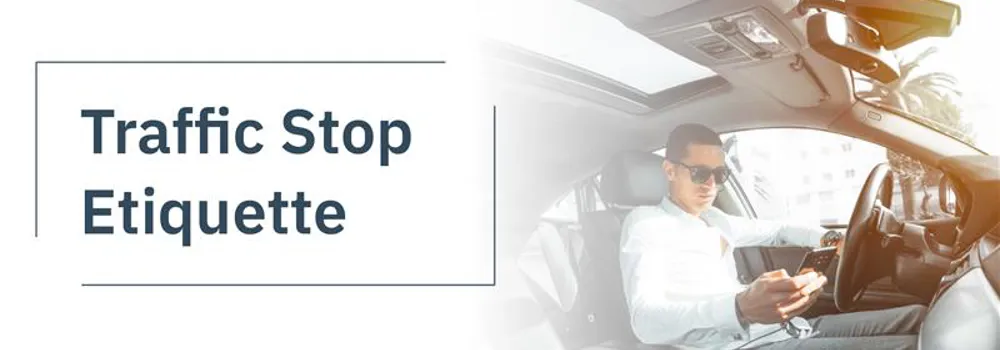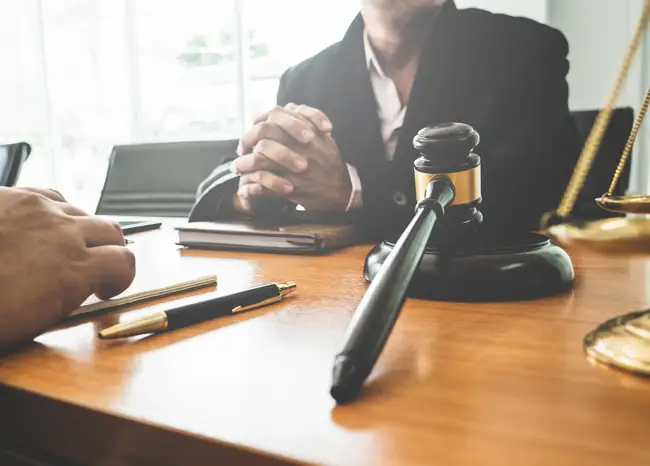Group legal insurance plans are one of the fastest growing employer benefits.

Traffic Stop Etiquette
Traffic Stop Etiquette
Even when following the laws of lane, being pulled over by a cop or driving through a traffic stop can be intimidating. Knowing exactly how to navigate a traffic stop can ease anxieties and help you establish a friendly, but professional rapport with the officer(s).
Step #1
The first action to take when you see lights and sirens in your rearview mirror is to slow down. You are not obligated to pull over the instant the police officer pulls up behind you. Use the time to slow your vehicle, gather your thoughts (and nerves), and locate a safe place to pull over. You’ll want to use your turn signal to indicate your direction and intention to the officer, whether you’re pulling over to the shoulder or into a gas station parking lot.
Step #2
Before rummaging around for your driver’s license or registration, wait patiently for the officer to approach your vehicle. While it is standard for the officer to greet you at the driver’s side window, bear in mind that he or she may approach you from your vehicle’s passenger side to keep themselves out of way of traffic.
Remain buckled and keep your hands on the steering wheel while you wait for the officer to greet you. This will put both you and the officer at ease; reaching for items near or behind the driver’s seat can raise concern on behalf of the patrolman.
Step #3
Say hello! You might be nervous, but it is important to treat to the officer with respect and courtesy. Minding your manners will help establish a friendly rapport and trusting relationship between yourself and the cop. Answer the officer’s questions directly, ask when certain statements are unclear, and maintain eye contact.
Step #4
The officer will likely want to collect your driver’s license, vehicle registration, and car insurance information. Once they’ve run your information through their system, they may simply give you a warning, ask you to partake in a test (typical of under-the-influence situations), ask to search your car (there are many stipulations here), or write you a ticket.
In situations that result in a court date, utilize your Legal Plan and call your attorney to review your legal options.
Nervous about your courtroom appearance? Read this blog post to learn how to best prepare.





